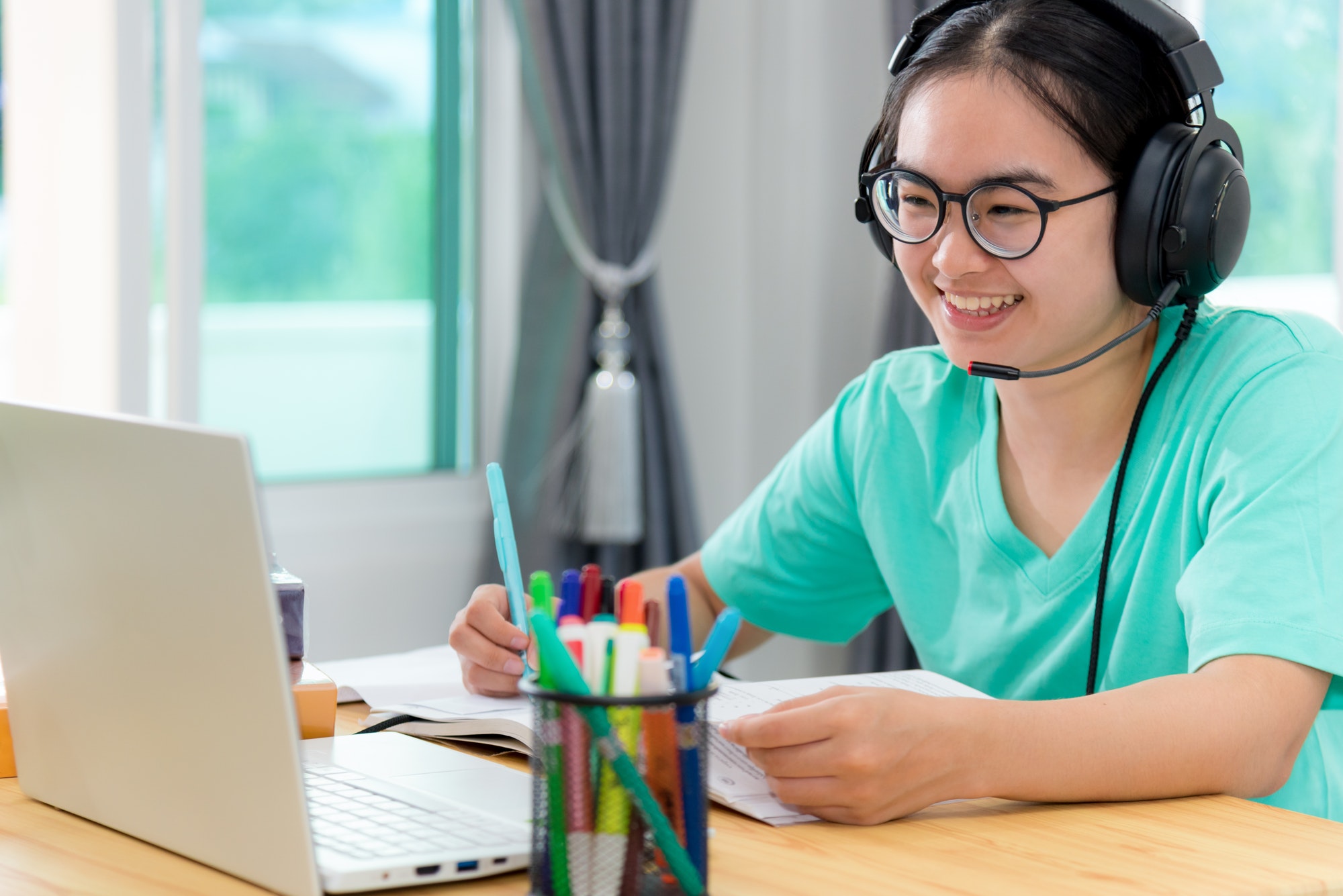MT: Online Learning vs. Face-to-Face: Which Type Fits You Best?
MD: If you have a choice between online and face-to-face learning, click here to know how online learning can benefit you and how to solve related issues.
Does Online Learning = Face-to-Face Learning Option?
What do we have nowadays? All education switched from face-to-face learning to online. But, whether the back movement is possible after the completion of the COVID-19 challenge? Frankly speaking, we don’t think face-to-face education will return to its previous positions. Many students have already experienced the taste of greater flexibility and freedom.
Are there any problems associated with online education? Sure, they can be. But, solutions also exist. For instance, you may lack live interactions with your peers or professors. This problem may be resolved easily as live meetings are always possible to hold. What if you have recorded your lecture but unsure about certain aspects of the recording? What if it lacks clarity? This problem is also resolvable. The online transcriptionist will help to solve that quickly and easily.
For preserving the balance between opinions, we will review both options here. Let’s reveal the core features and advantages of both options we should consider.
Traditional Approach – Face-to-Face
If you have not forgotten how this option looks like, we provide you with a slight reminder. Face-to-face learning is an option where students attend classes personally in groups. A teacher usually has a proactive role in leading a class, while students only have to listen attentively most of the time in class and interact with a teacher when one thinks this is suitable or necessary. If you want something to remind you about this lesson, you need to convert speech to text and write down fast to make good notes.
Shortly about Advantages and Disadvantages of Face-to-Face Learning
This type of learning provides more opportunities for active interaction and communication between students and a teacher. This may be associated with pleasant emotions if you have a good teacher, of course. You may ask questions faster, and you are not dependent on various technologies. The overall turnaround time is short in this case. You may also have very live and interesting discussions with your teacher and peers.
Still, if your teacher speaks fast, you may easily fail to catch difficult words. The unwillingness of your teacher to repeat certain pieces of info may lead to gaps in your knowledge. You may not get the desired feedback as the time of a lesson is limited. Also, if you want to get some useful info, you need to keep in memory your lesson entirely. Is that possible? We don’t think so.
Online Learning at Glance
Online learning is used nowadays for arranging various educational courses, training, quizzes, and for self-study. If you have some joint educational events together with your peers, you hold such online. Usually, you have a chat where anybody can ask questions, and all answers are saved. Any information mentioned during a lesson or lecture is available later for review. Is that kind of learning suitable? It is more than suitable, but it also has certain tough aspects to consider.
Shortly about Advantages and Disadvantages of Online Learning
If we consider this option for arranging education, we should start from its greatest advantage – flexibility. It is difficult to find any equivalent that can ensure students’ same degree of freedom and flexibility. They need to have only devices and free time to access educational events and start learning. All interaction is carried out online. And the results of such interaction can be reviewed at any time, from any place. As a consequence, students have more freedom in rearranging their lives and study plans. They stop to be tightened to inflexible study plans. Sounds good, isn’t it? Still, this amazing opportunity also has some minor drawbacks too.
First of all, all these benefits are closer to you until your Internet connection exists, good and stable. If this is not so, you may have trouble with arranging your educational process.
Another matter you may face is the clarity of audio and video materials. The quality may suffer, and your knowledge too, as you may simply fail to grasp the meaning of a word or sentence. Some ideas may appear unclear to you. But, all possible gaps are preventable. Many students manage to convert audio to text or video to text. This way, they get a text with the entire content of the lecture they are interested in. Educational material in this form becomes more convenient for review and studies.
How to do this? There is nothing simpler. You may do that on your own. This can take a lot of time and effort and is rewarding in the outcome. Or you can even arrange the process a number of times better. A specialized service will help you properly transcribe content that appears to be problematic. Yes, you may need to upload your audio/video – professional transcriptionists and software will do the rest.
Online education may become even twice better if you eliminate maximally possible acclimated problems. We hope you will preserve and DoFollow an opportunity for greater flexibility. And we are ready to unload you from any technical, audio, and visual problems related to your educational material. What do you think about that?
Please be advised that the views, thoughts, and opinions expressed in this blog are solely that of the author or his/her sources and do not necessarily reflect those of English Forward. This includes, but is not limited to, third-party content contained on or accessible through the English Forward websites and web pages or sites displayed as search results or contained within a directory of links on the English Forward network.


 Clap
Clap
